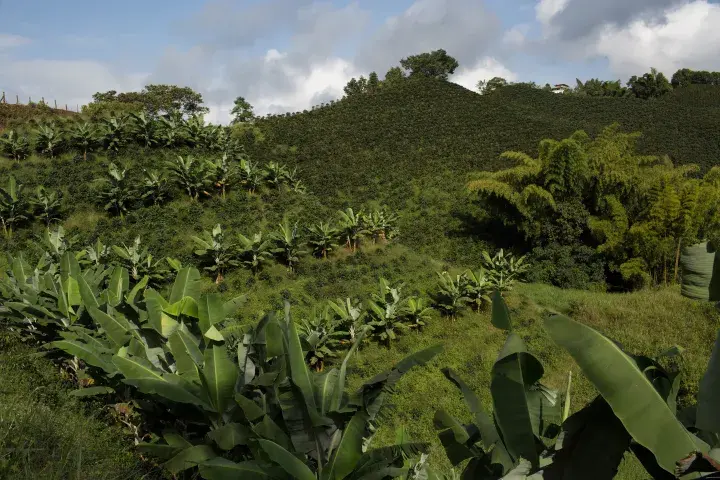Improving the flow of sustainability information through a new standardised metadata set
The ISEAL Core Metadata Set is the beginning of a global language for sustainability information. By providing a common code for search and discovery, while supporting better data management and privacy, it enables the sharing of data while safeguarding the credibility and trust in verification and associated sustainability claims.
Standardised datapoints are an integral part of how we navigate, search for, and select information. We don’t even notice it anymore. But this isn’t yet the case for information on sustainability, even when we live in an age where sustainability is front and centre.
With the ISEAL Core Metadata Set, ISEAL seeks to give sustainability information the same level of interoperability and reusability as other standardised datapoints. It will help sustainability systems to align in the way they communicate and demonstrate their performance in the sustainability landscape—maximizing ISEAL Members’ ability to generate insights and leverage synergies in partnership with corporates, researchers and other stakeholders looking for sustainability information.
Development of the ISEAL Core Metadata Set
The metadata set was jointly developed by the Forest Stewardship Council and ISEAL in a project supported by the State Secretariat for Economic Affairs SECO through the ISEAL Innovations Fund. Over three years, the Information and Data for Sustainability Standards project mapped the types of digital resources created, managed and stored by sustainability systems and the definitions and allowable values used for describing them. Examples include certificate information, normative documents, and monitoring and evaluation reports.
The project consulted with ISEAL Members at different points during the development of the metadata set to ensure it provides value within each individual organisation, for example, by streamlining the flow of information to certified clients.
Several pilots demonstrated that ISEAL Members can use the metadata set to combine data to gain a clearer picture of risks in specific regions or supply chains. Consultation with stakeholders (including researchers, companies, producers) helped to make sure that the metadata set is aligned with other frameworks, paving the way for important collaborations.
The project also produced guidance on the governance of the ISEAL Core Metadata Set to support ISEAL’s activities as it manages this community asset moving forward.
Learn more about the Information and Data for Sustainability Standards project.
The development of the ISEAL Core Metadata Set was possible thanks to a grant from the ISEAL Innovations Fund, which is supported by Swiss State Secretariat for Economic Affairs SECO:



